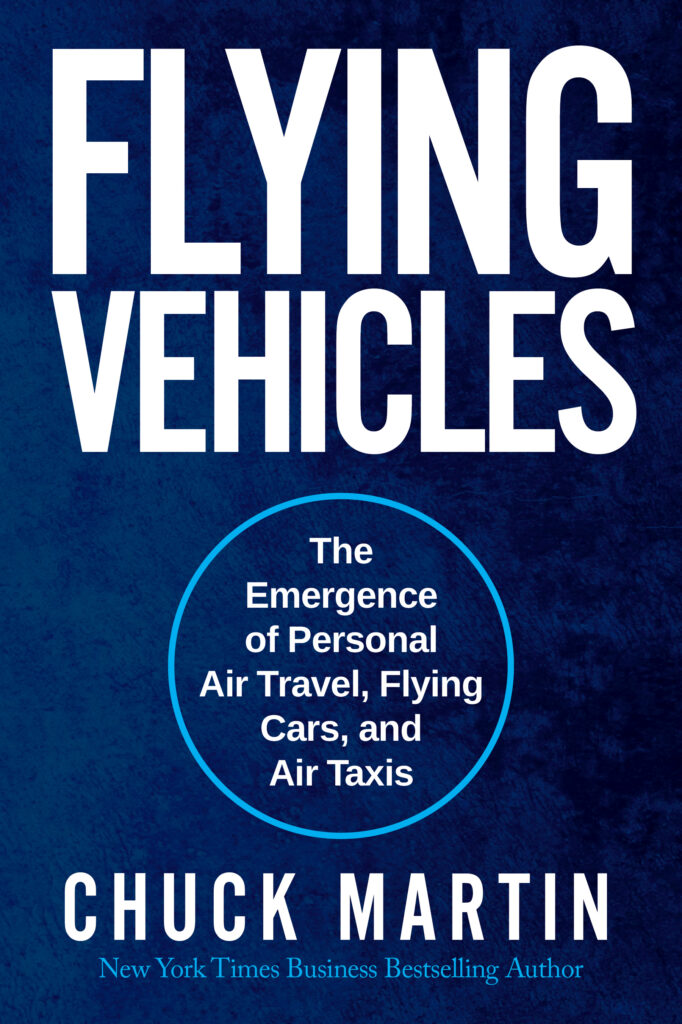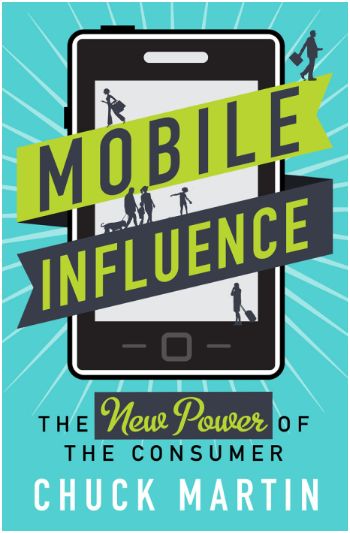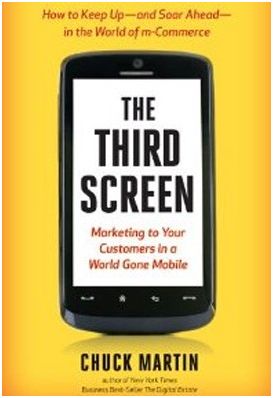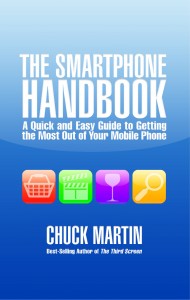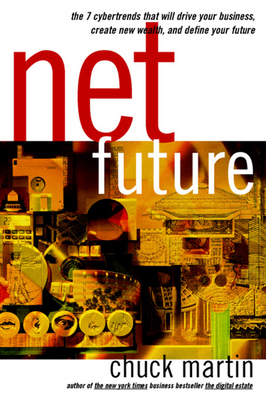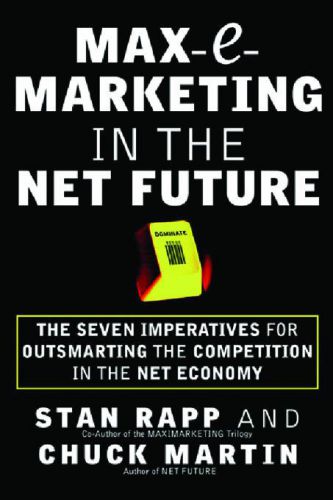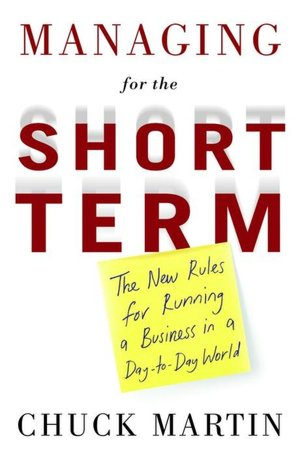
By Chuck Martin, Internet of Things Keynote Speaker
Many consumers say they would be interested in using VR to test products before purchasing them.
The majority (65%) of consumers anticipate that virtual reality will become part of daily life, according to a survey of 11,000 adults in 11 countries conducted by Crowd DNA for Facebook. There are differences by market, with 60% of those in the U.S. anticipating a VR future compared to 87% in India, 77% in Brazil, 58% in the U.K. and 45% in France.
Facebook placed its own bet on virtual reality with its purchase of Oculus for $3 billion a few years back, while studies consistently forecast augmented reality being significantly larger than virtual reality in the long term. The majority (63%) of internet users say they already have tried augmented reality created by a brand.
For using virtual reality, the survey showed a wide range of interests in using the technology to test a product before making a decision to buy it.
Most (71%) would be interested in using VR relating to travel, to check vacation destinations or hotels, followed by entertainment (59%), retail (58%), auto (49%) and gaming (48%). The majority (63%) of internet users are interested in using virtual reality to view products without having to visit a physical store.
The growth of virtual reality still faces significant challenges. For example, most people don’t have a traditional VR headset, nor the computing processing power needed to support them, both of which can be costly.
Virtual reality is likely to grow in usage, but not as some may expect.
Rather than individuals buying VR headsets and diving in themselves, businesses, such as travel agencies, car dealers and retailers, are turning to VR to expand their offering beyond their physical location.
Using virtual reality for marketing products and services is the more promising bet.


